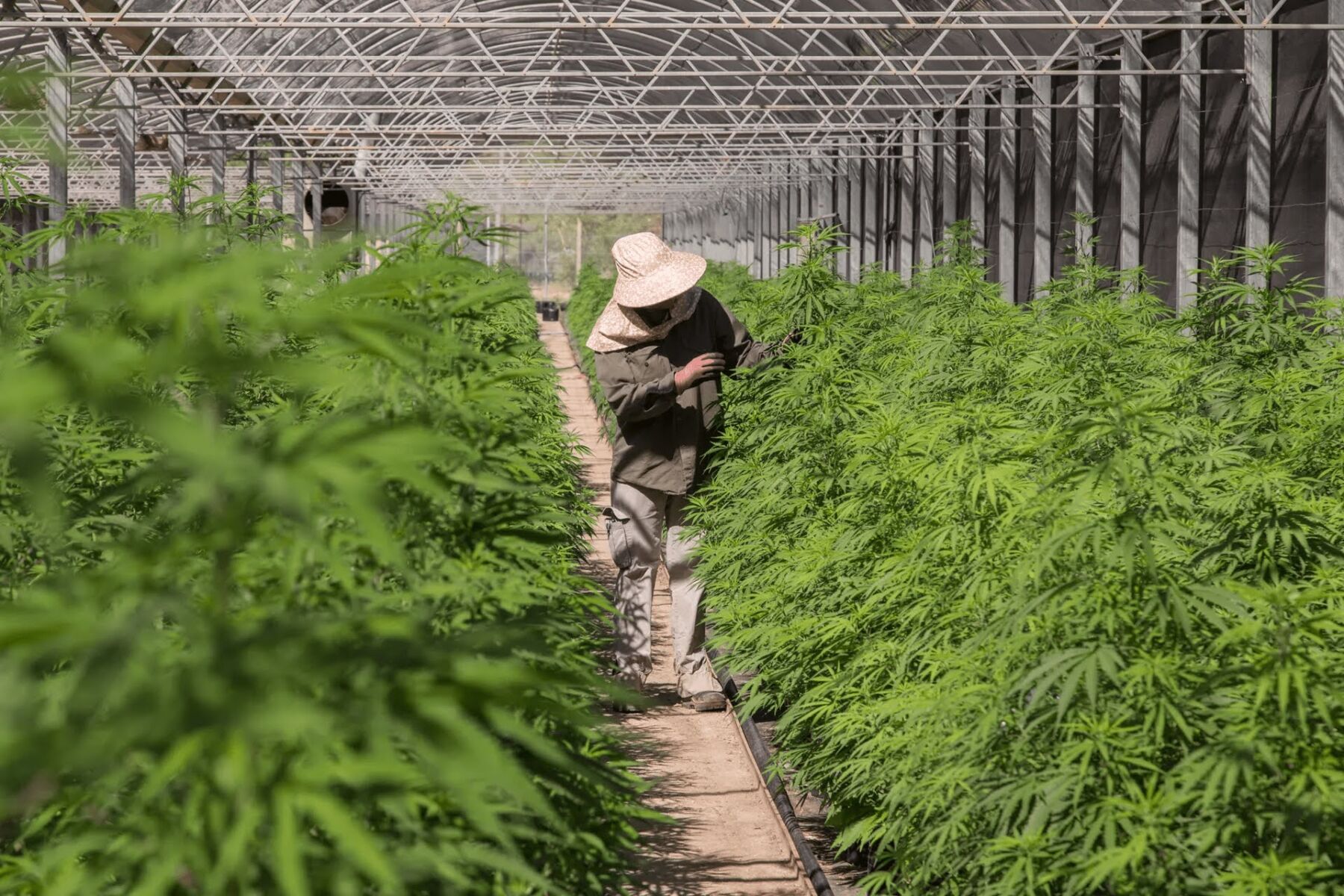Thailand’s high hopes: Cannabis convo ignites after doc’s article

The national media in Thailand recently highlighted a significant discussion on the medical use of cannabis, sparked by an article from Associate Professor Dr Pattapong Kessomboon of Khon Kaen University’s Department of Family Medicine. Dr Pattapong addressed widespread misconceptions regarding cannabis, emphasising its overlooked medical benefits.
Dr Pattapong pointed out that certain groups have been fixating on cannabis as merely a recreational substance, ignoring evidence of its therapeutic potential. He backed his argument with various case studies and research findings, noting that smoking cannabis can effectively alleviate several medical conditions.
One notable example involved a patient with bipolar disorder who saw marked improvement after transitioning from conventional medication to cannabis. Another case described an American veteran who managed severe PTSD symptoms with cannabis, which also helped to prevent suicidal thoughts.
Israel, recognised globally for its pioneering cannabis research, has permitted medical cannabis use for over two decades. The success rate there is significant, with 87% of patients favouring cannabis products containing 18% THC for smoking.
In the United States, cannabis legalisation across 24 states has led to an increase in cannabis usage from 11% in 2002 to 18% in 2022. Meanwhile, cigarette smoking rates halved, dropping from 400 billion cigarettes annually to 200 billion, which in turn has reduced smoking-related illnesses.
Dr Pattapong proposed that opposition to cannabis might stem from concerns over declining tobacco and pharmaceutical sales. He urged for a reassessment of cannabis laws in light of its demonstrated medical benefits.
In Thailand, cannabis was prohibited for 40 years. However, amendments to the Narcotics Act in 2018, championed by Prof. Vicha Mahakun and Somchai Sawaengkan, began to open the door for its medical use.
A study involving 8,560 Thai patients using cannabis revealed that the most common conditions treated were cancer (49.1%), pain (29.4%), and severe stress (6.4%). The primary symptoms addressed with cannabis included insomnia (79.1%), pain (77.1%), and fatigue (55.6%).
The study found that 87% of patients preferred products with 18% THC for smoking, while 67% opted for 15% CBD products for sublingual use. Over six months, 55.4% to 90.8% of patients reported moderate to significant improvement without complications, with pain scores reducing from 6.7 to 3.4 out of 10.
Latest Thailand News
Follow The Thaiger on Google News:


























